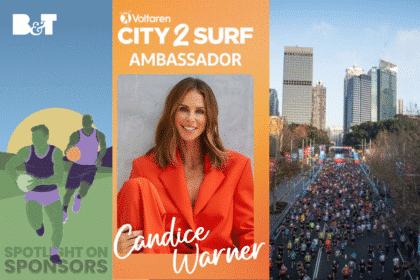The Australian Electoral Commission (AEC) has concluded its review into Abbie Chatfield’s podcast episodes featuring Prime Minister Anthony Albanese and Greens leader Adam Bandt, determining the content does not require authorisation under electoral law.
The review was launched after Coalition Senator Jane Hume raised concerns during Senate Estimates, questioning whether the podcast and related social media posts constituted paid political advertising requiring a legal authorisation.
The content under scrutiny included a series of collaborative Instagram posts and podcast episodes featuring Prime Minister Anthony Albanese and Greens leader Adam Bandt.
View this post on Instagram
In the February 21 and March 11 episodes of It’s a Lot, Chatfield interviewed both leaders, with discussions ranging from policy issues like Medicare to broader political values. Albanese’s appearance was promoted via three Instagram clips, one of which directly criticised the Liberal Party’s health record, while Bandt’s featured footage from a DJ-led voter engagement event in Melbourne and a clip where Chatfield described him as an “incredible leader.”
This afternoon, an AEC spokesperson confirmed: “Based on the facts as we currently understand them, the AEC found that this communication does not require an authorisation statement”.
While the episodes of Chatfield’s It’s a Lot podcast “could be viewed as being made for purpose of influencing how someone casts their vote,” the Commission found “no evidence that there was a monetary benefit for the podcaster” from the appearances of either Albanese or Bandt.
“It appears that the invitations to Mr Albanese or Mr Bandt to participate were voluntary. In addition, questions put to both interviewees were sourced from the podcast’s audience. There is no evidence that either Mr Albanese or Mr Bandt had creative control in relation to the questions that were asked,” the spokesperson added.
According to the AEC, for online content to require an authorisation under the Commonwealth Electoral Act 1918, it must contain “electoral matter” and be either paid advertising or communicated on behalf of a political entity such as a candidate or party.
“As such, the AEC is not satisfied that the episodes of Ms Chatfield’s podcasts on 21 February 2025 and 11 March 2025 could be considered to be paid advertising or to be communicated by or on behalf of a candidate or party.”
The Commission said it was making the outcome public “out of fairness to Ms Chatfield given the media coverage of the issue to date.”
The ruling not only clears Chatfield but also offers a precedent-setting moment for how Australia’s election watchdog will navigate the increasingly blurred lines between personal platforms, political influence and paid promotion.
The AEC noted that social media influencers play an increasing role in informing and educating the public about politics and Australia’s electoral system. It reiterated its general guidance for content creators: “If an influencer, podcaster or content creator is paid to communicate the electoral matter, the communication must be authorised,” and “if in doubt, authorise.”








